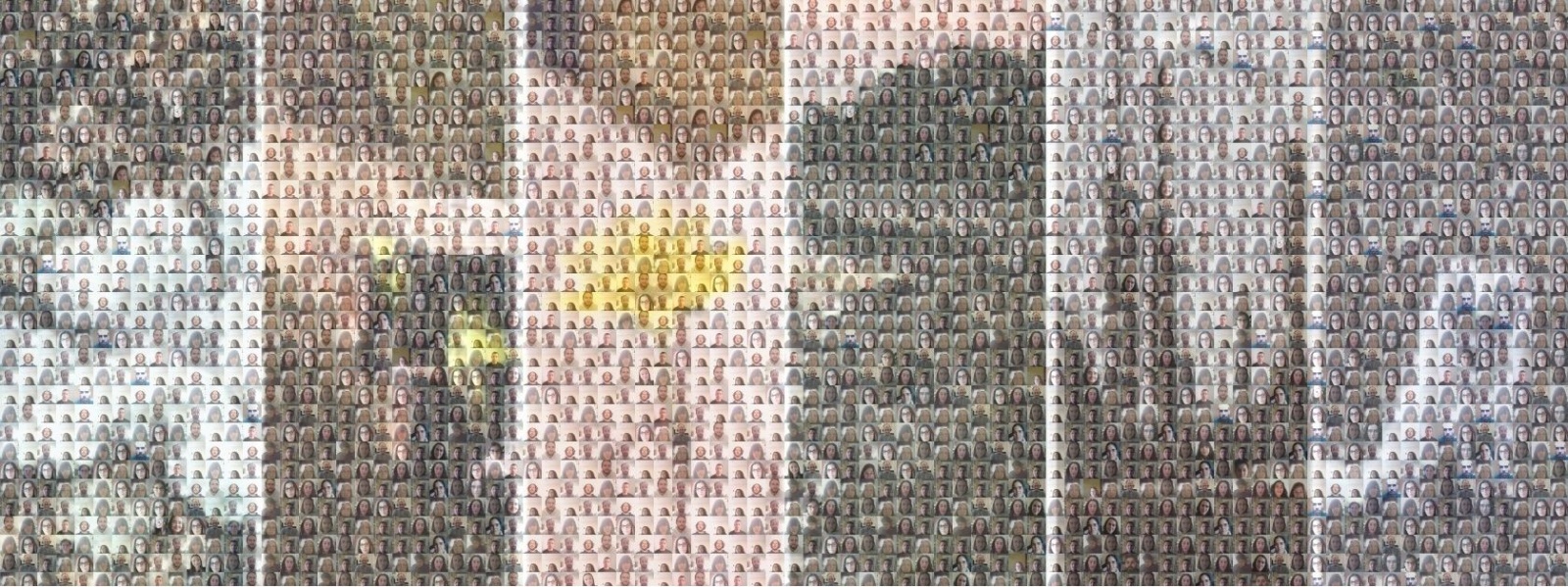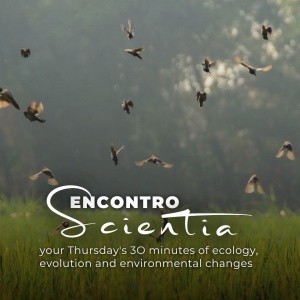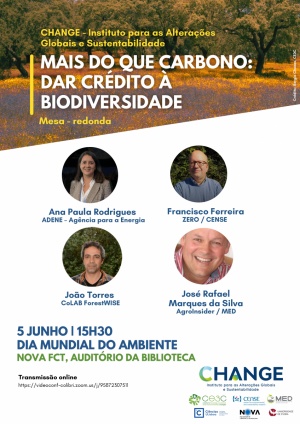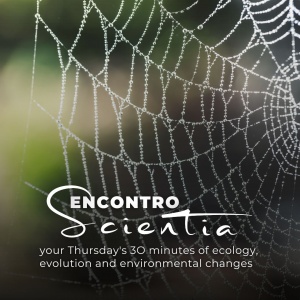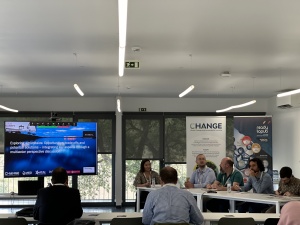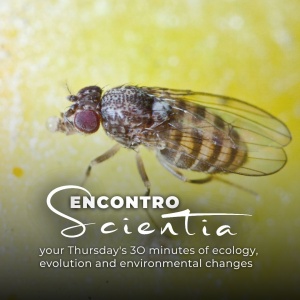“Found & Lost” Biodiv Annual Meeting - a conference for and by Biodiv PhD students
The third edition of the Biodiv Annual Meeting took place in the last week of January, on the 27th and 28th, as an event created by and for Biodiv PhD students. Despite being held virtually, it was an amazing opportunity to welcome the new students to the program, gather the Biodiv students that are spread across multiple institutions, via networking sessions and share the results of the great work being conducted by the students.
This year's motto was "Found & Lost" and was an event to celebrate the incredible advances that the scientific community has achieved exploring and preserving the planet’s biodiversity and how it is essential for each ecosystem. It was the perfect forum to discuss what we as PhD students, scientists and members of society, can do to contribute to the study of species and populations and what we can do to reduce, prevent, or revert the loss of biodiversity.
Furthermore, it was an incredible opportunity to listen to internationally renowned speakers and to be able to discuss a series of topics regarding biodiversity, conservation efforts, genomics among other relevant topics for both speakers and students alike.
This year we had the pleasure to listen to Dr. Jason Lombardi, from the A&M Texas University, on his efforts for the conservation of America’s Ghost Cat, the ocelot, in southern Texas. Also, Dr. Walter Salzburger, from the University of Basel in Switzerland, gave a talk on the adaptive radiation on cichlid fishes of the Tanganyika Lake. Lastly, Dr. Simon Martin, from the University of Edinburgh, talked about several genomic questions, namely the evolution of supergenes in butterflies. Apart from the interesting and rich talks, the “meet the speaker” sessions allowed for a transfer of knowledge and experiences on these and other topics.
Additionally, given the main goal of this meeting, we also had the opportunity to listen to 13 talks from Biodiv students in 2 panels, one dedicated to "Evolution & Genetics" and another to "Behaviour & Ecology". We had talks from first year students to finalists which amounted to a very rich conference with the opportunity for discussion during the Q&A sessions, as well as in the several networking moments that took place during the 2 days. With more than 70 participants, this meeting counted not only with Biodiv PhD students, but also researchers and bachelor and master students. Finally, two students were awarded the “Best talk” prize: Filipa Coutinho Soares (cE3c - FCUL) with the work “Combined effects of bird extinctions and introductions in oceanic islands: decreased functional diversity despite increased species richness” in the panel "Behaviour & Ecology" and Gonçalo Costa (cE3c - FCUL) with the work “O Brother, Where Art Thou?: The story of a small cicada lost in Africa” in the panel “Evolution & Genetics”.
Overall, it was a very valuable event that explored many relevant topics for PhD students and we hope it continues to be a success when it, hopefully, returns to an in-person event.

